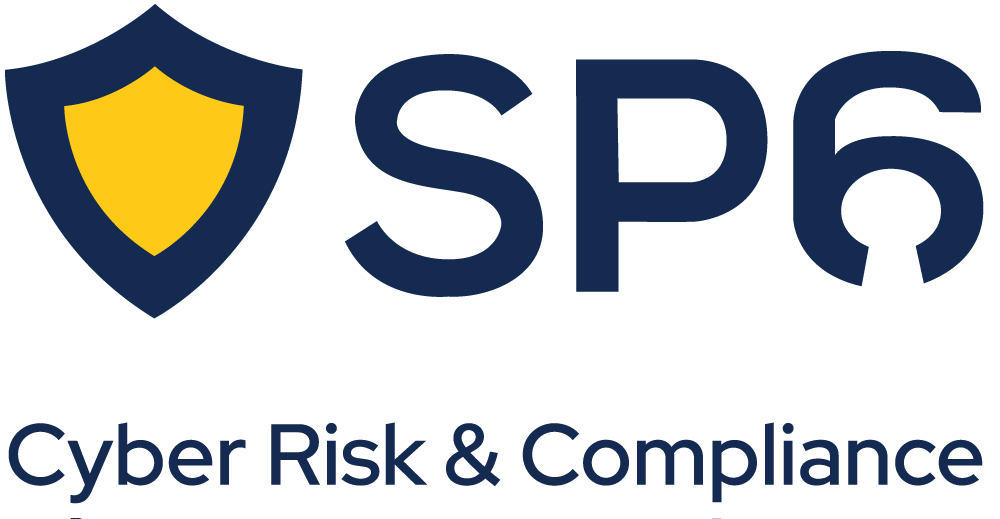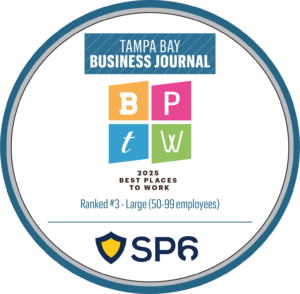Getting assessed by a Certified Third-Party Assessment organization (C3PAO) is required for CMMC compliance — but not all C3PAOs are made equal.
With dozens of C3PAOs to choose from, it’s important to partner with one that can efficiently and accurately guide you through the assessment process. Here are nine critical red flags to watch out for when evaluating a C3PAO.
1. Lack of Transparency
A trustworthy C3PAO will be clear about their processes, pricing, and timelines. If a potential partner is unwilling to outline the scope of the assessment or provide clear, upfront details about the cost and expected duration, it’s a red flag. Transparency is key to understanding what you’re signing up for and ensuring there are no surprises.
2. Failure to Follow the CMMC Certification Assessment Process (CAP)
The CMMC Certification Assessment Process (CAP) is a formal, structured process that must be followed for a legitimate assessment. If a C3PAO cuts corners or skips steps, it could compromise the integrity of the assessment. Ensure that your C3PAO strictly adheres to the CAP guidelines to ensure a fair and thorough evaluation.
3. Lack of Specialized Expertise in NIST 800-171
While some C3PAOs may boast experience across a variety of cybersecurity frameworks, it’s essential that they have deep expertise in NIST 800-171. NIST 800-171 is the foundation for CMMC assessments, and a C3PAO that lacks specialized knowledge in its 110 controls and 320 objectives could misinterpret controls or fail to properly assess your organization’s compliance. Be cautious of C3PAOs that prioritize breadth over depth in their experience, as expertise in NIST 800-171 is crucial for a successful CMMC assessment.
4. No Formal Agreement or Statement of Work
A C3PAO will always provide a formal agreement and a clear Statement of Work (SOW). This should outline the scope of the assessment, timelines, deliverables, and costs. If the C3PAO does not provide these documents, or if they are vague or incomplete, this could signal a lack of professionalism and a potential risk to your assessment process.
5. Long Lead Times
Lead time is quickly becoming one of the biggest challenges in the CMMC ecosystem. As more organizations rush to get certified ahead of contract deadlines, many C3PAOs are booking up quickly. When choosing a C3PAO, it’s critical to confirm that they can actually assess your organization within a reasonable timeframe. Some assessment firms already have long waitlists, and availability is expected to tighten further. While it may be difficult to find a C3PAO with immediate openings, knowing their lead time upfront can help you plan accordingly — and avoid delays that could put contracts at risk.
6. Unwillingness to Communicate
Communication is key throughout the assessment process. A reliable C3PAO will provide regular updates, be responsive to your questions, and keep you informed at every stage of the process. If a C3PAO is difficult to reach, takes a long time to respond, or provides vague answers, it could indicate a road ahead of poor customer support and internal disorganization.
7. Excessive Costs
While pricing can vary, it’s essential to ensure that you’re being charged fairly for the services rendered. If a C3PAO’s fees seem excessively high without clear justification or a breakdown of the services included, it could be a sign of inflated costs. Be sure to request a detailed explanation of all fees before agreeing to the contract.
8. Conflicts of Interest
A reputable C3PAO should be independent and not have any conflicts of interest. While a C3PAO can provide both assessments and consulting services, they cannot provide both services to the same organization. To avoid conflicts, choose a C3PAO that you have not worked with previously in an advisory capacity.
9. No Post-Assessment Support
A C3PAO should not only help you through the assessment process but also provide support after the assessment is complete. If the C3PAO does not offer any guidance on addressing Plans of Action and Milestones (POA&Ms) or does not include reassessments in the original fee, they might not be providing the comprehensive service that you need.
Conclusion
Choosing the right C3PAO for your CMMC assessment is an important decision that can greatly impact your organization’s ability to meet cybersecurity requirements and achieve certification. By being aware of these red flags, you can avoid unreliable or unqualified assessors and ensure you partner with a C3PAO that offers transparency, expertise, and support throughout the entire process. Don’t rush the decision — take the time to find a C3PAO that aligns with your needs and will help you achieve a successful CMMC certification.



